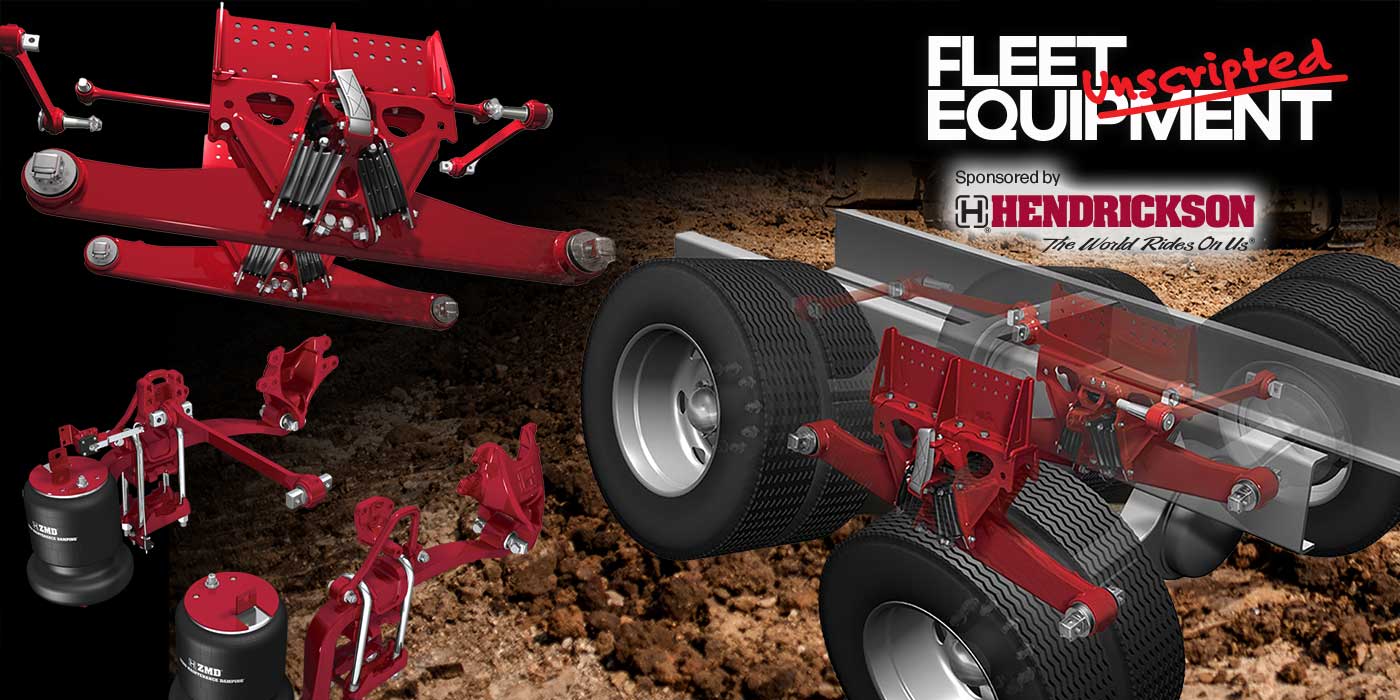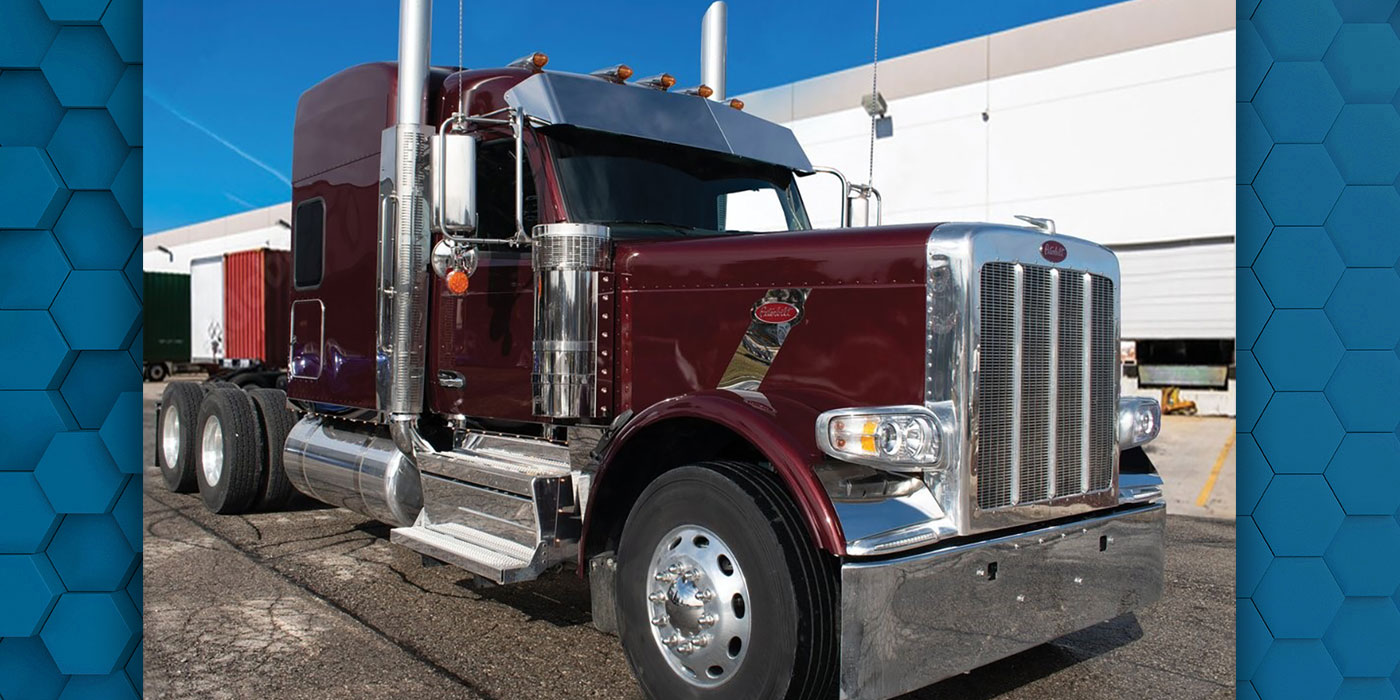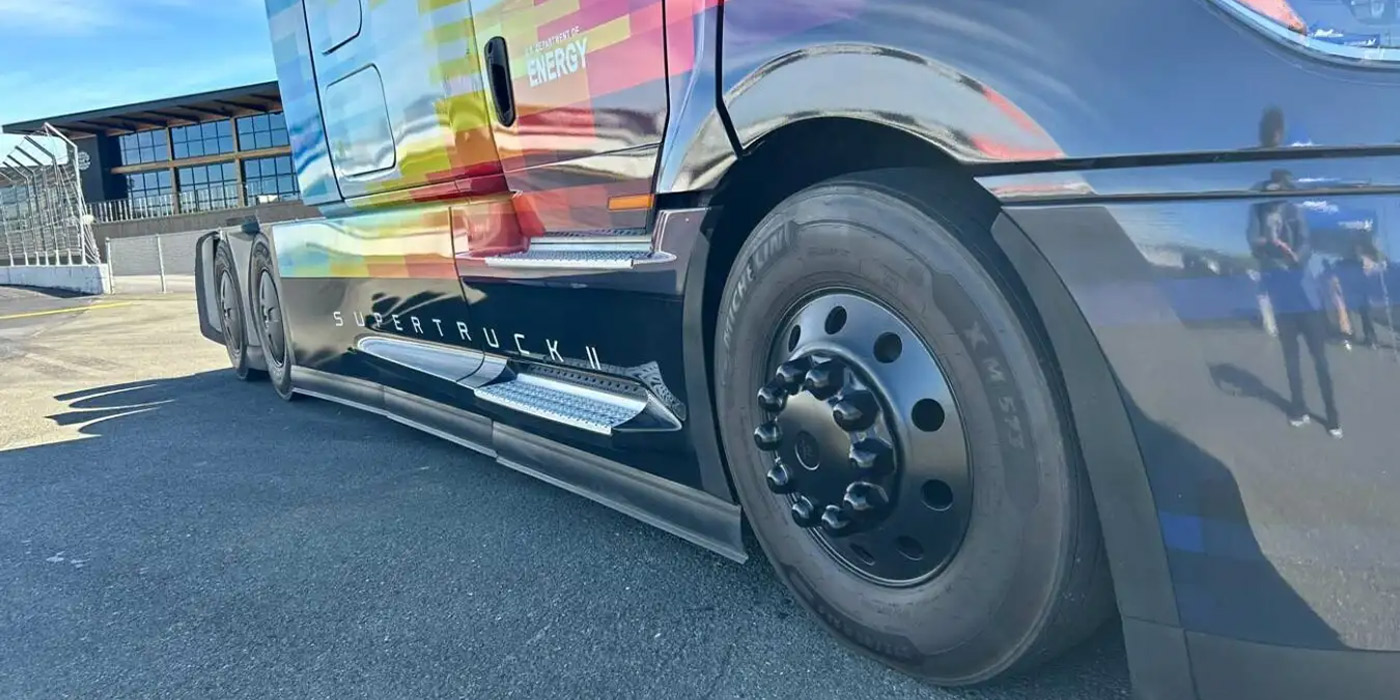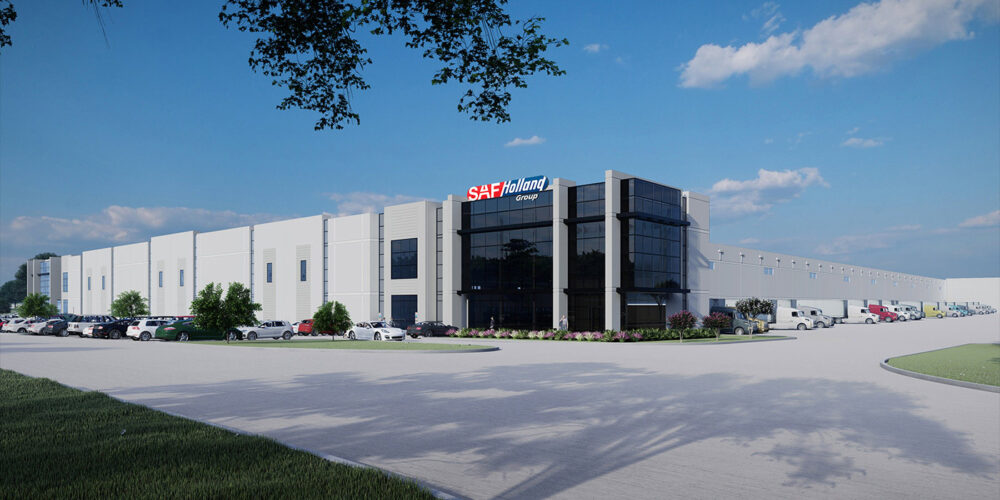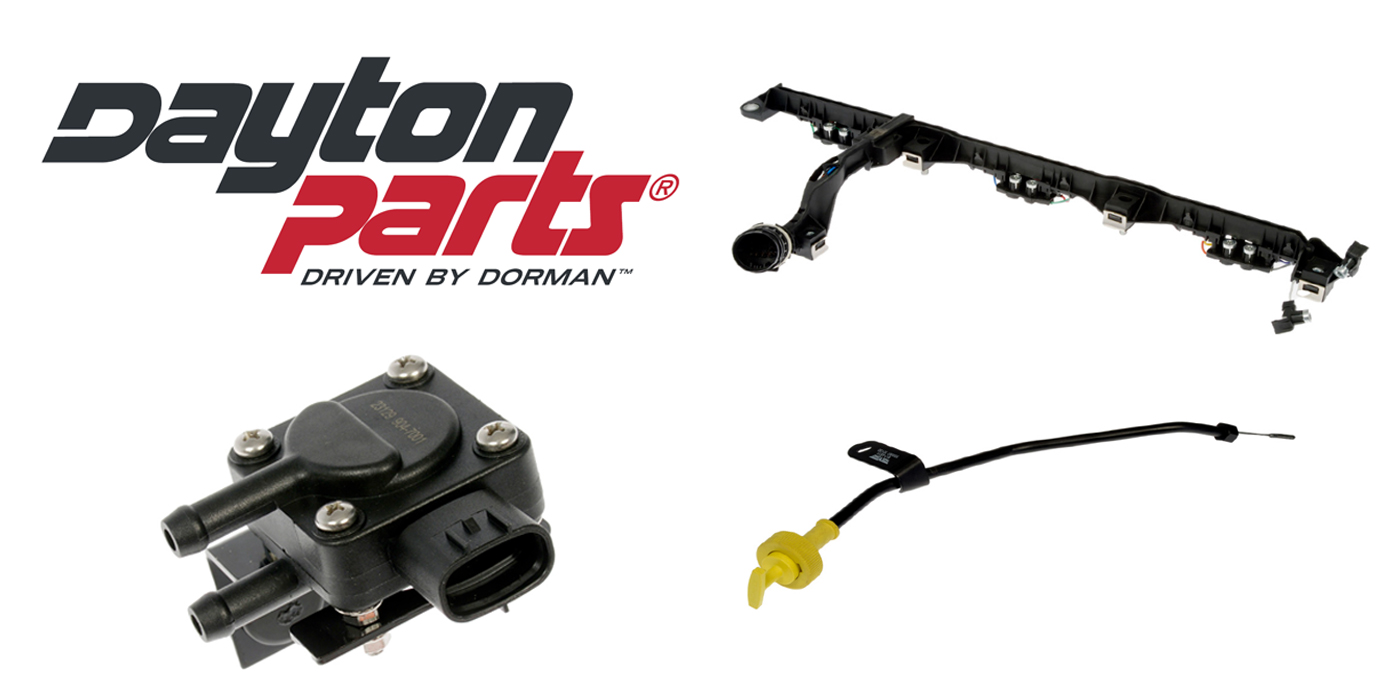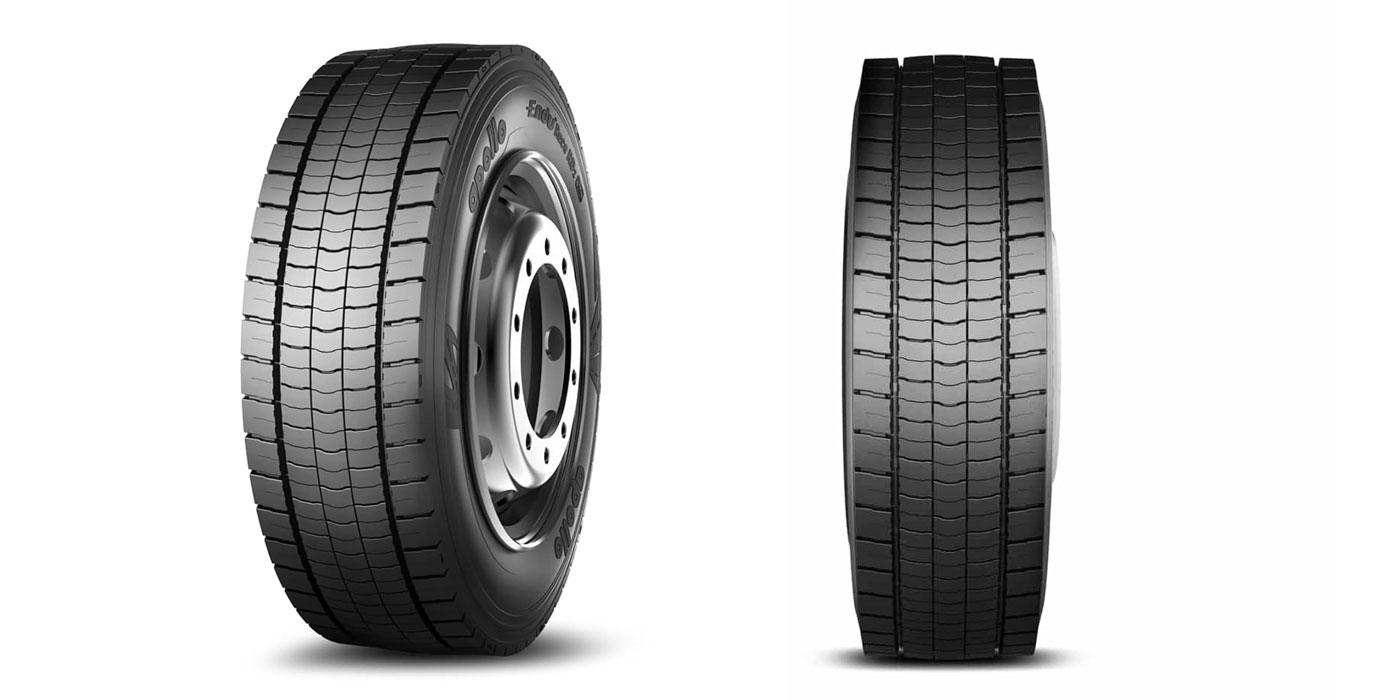From a scientist’s point of view it’s refreshing to observe all of the recent interest in alternative fuels that was supposed to have been created when the Department of Energy was formed in 1973. It may take our government a while to get started, but once it does, there’s no stopping them. The “greentech” boom is on!
As I have said before, my only complaint is that most of the enthusiasm has been generated by environmentalists and special-interest groups. Take the case of corn-based ethanol. Farming interests, environmentalists and at least one prominent U.S. Congressman decided that corn-based ethanol was the solution to our energy dependence. Government was off and running with no serious scientific input.
What was the result? Corn-based ethanol inflated food and cattle feed prices, so the same farmers backing corn-based ethanol now had managed to shoot themselves and everyone else in the foot. High food and cattle feed prices hurt everyone.
Now that real scientists have had some time to study the situation, they’ve come to some rather startling conclusions. First, if anything, the production of corn-based ethanol actually increases (not decreases) global warming. The huge quantities of water needed to produce ethanol are placing a strain on our water resources. Poor fuel economy due to the incorporation of ethanol in gasoline causes even higher emissions from vehicles per mile.
Lately we hear that carbon particles are increasing global warming because they darken snow and adversely affect its ability to reflect heat from the sun. Get real, people! Let’s apply some physics to this argument before we charge off down the wrong path again. Is this collusion between environmentalists and the polar bear lobby?
The situation has now gotten so bad that the California Air Resources Board (CARB) is soliciting 15-20 scientific advisors for a workgroup “to develop recommendations on refining and improving land use and other analysis for biofuels and other fuels with indirect effects.” Workgroup members are supposed to be peer-recognized experts on agriculture, energy, greenhouse gases, motor vehicle fuels, and transportation economics and modeling. They are to study all aspects of greenhouse gases/global warming using life-cycle analysis prior to CARB placing new low-
carbon requirements on fuels late next year. I am impressed that CARB is actually soliciting scientific input rather than reacting to environmentalists. Reason may rule after all.
Speaking of low-carbon fuels, both Ford and Volvo recently introduced cars at the International Auto Show in Frankfurt which produce only 99 grams of CO2 per kilometer. Of course, both vehicles are diesel-
powered. This will place more demand on diesel fuel production that will serve to drive diesel fuel prices even higher. Let’s hope some diesel-optimized refineries are brought on-stream soon.
As Gary Locke, the U.S. Secretary of Commerce recently stated, we as a nation can’t yet be certain of all the facets of the low carbon/greenhouse gas activity. We do know that the cost of diesel fuel will increase (some say by 15 cents per gallon) and that manufacturing and distribution costs will rise significantly.
What fleets can do now is to review and revise their operations to become as efficient as possible to reduce energy requirements (as an example, one fleet is placing skylights in their new facilities). Every dime invested in improving efficiency will have a payback no matter what fuels we end up using.
Since government is one of our biggest spenders, I want to see them lead our nation forward.

